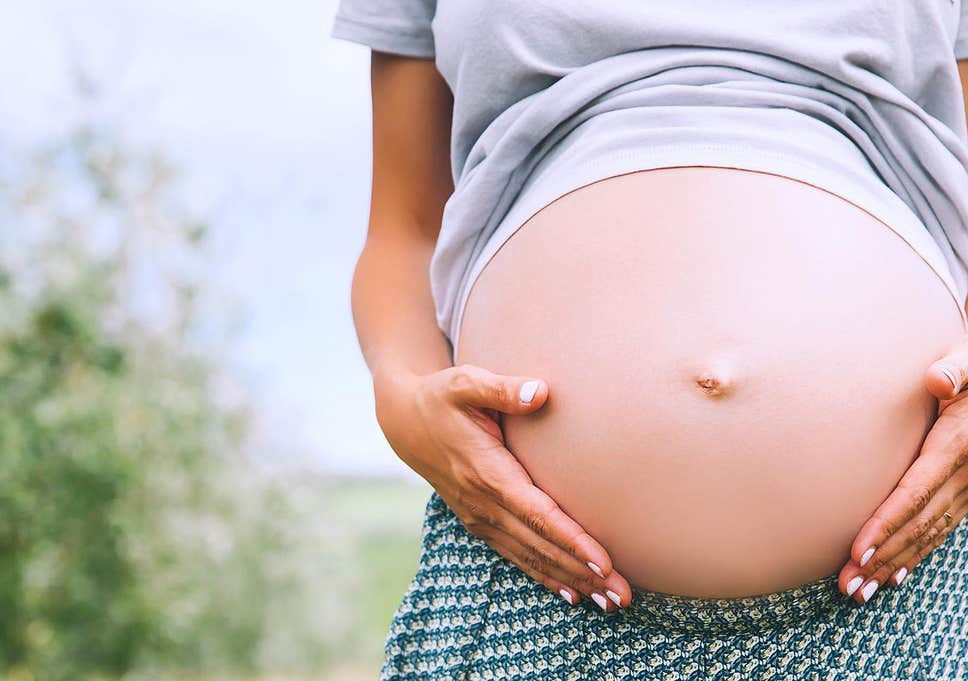Election Outcomes Can Lead to Preterm Births
A normal 9-month pregnancy equates to 39 weeks. In most medical circles, any birth that starts prior to 37 weeks is listed as a preterm birth. We usually call them premature births. There are four categories of preterm births:
- Late preterm, born between 34 and 36 completed weeks of pregnancy
- Moderately preterm, born between 32 and 34 weeks of pregnancy
- Very preterm, born at less than 32 weeks of pregnancy
- Extremely preterm, born at or before 25 weeks of pregnancy
Our second child was born about 5 weeks premature, meaning she was at the edge between late and moderately preterm. All we know is that she had to spend a week in intensive care to allow her lungs to finish developing.
Not that many decades ago, preterm babies had a very low survival rate, largely due to the lack of modern medical technology, such as the high oxygen incubator our daughter was in for her first week.
According to the Mayo Clinic, here is a list of risk factors that can lead to preterm births:
- Having a previous premature birth
- Pregnancy with twins, triplets or other multiples
- An interval of less than six months between pregnancies
- Conceiving through in vitro fertilization
- Problems with the uterus, cervix or placenta
- Smoking cigarettes or using illicit drugs
- Some infections, particularly of the amniotic fluid and lower genital tract
- Some chronic conditions, such as high blood pressure and diabetes
- Being underweight or overweight before pregnancy
- Stressful life events, such as the death of a loved one or domestic violence
- Multiple miscarriages or abortions
- Physical injury or trauma
Of all of these risk factors, the only one that may have been a possibility for our daughter’s premature birth was that my wife has been underweight most of her life. When we got married, she stood 5’10” and weighed just under 100 pounds. She was almost turned down for life insurance at one time because she was underweight.
According to a recent report, there is another risk factor for preterm births that should be added to the list – politics and elections, which could fall under the stressful life events:
A significant jump in preterm births to Latina mothers living in the U.S. occurred in the nine months following the November 8, 2016 election of President Donald Trump, according to a study led by a researcher at the Johns Hopkins Bloomberg School of Public Health.
The study, published July 19 in JAMA Network Open, was prompted by smaller studies that had suggested adverse, stress-related health effects among Latin Americans in the U.S. after the Trump election. The new analysis, based on U.S. government data on more than 33 million live births in the country, found an excess of 2,337 preterm births to U.S. Latinas compared to what would have been expected given trends in preterm birth in the years prior to the election. This is roughly 3.5 percent more preterm births than expected given projections from pre-election data.
The report states that the large increase in preterm births of Latinos was due to Donald Trump’s promise of mass deportations of illegal aliens, which makes me wonder what will happen when he is re-elected in 2020?









Recent Comments